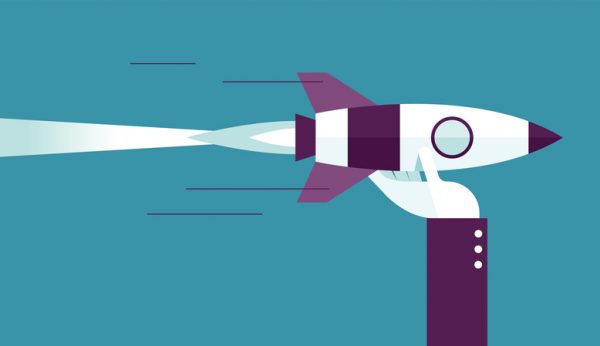
Los Angeles-based health system Cedars-Sinai has selected 11 new healthtech companies from across the United States and Europe to take part in the health system’s accelerator program.
The three-month program, which was initially launched in 2015, links early stage companies to $100,000 in funding, mentorship from Cedars-Sinai clinical and business leaders and access to a range of health system executives and investors.
Here are the 11 companies that were accepted into the accelerator’s fifth cohort.
AMPAworks, formerly known as TaskUnite, is a Santa Monica California-based company looking to improve efficiency in healthcare through connected devices that use image recognition to count and record inventory and keep track of administrative tasks.
ClinicianNexus is a Minneapolis startup developing technology that connects hospitals, schools and students to help manage and join clinical rotations. So far, the company has signed up 61 hospitals, 100 schools and more than 10,000 students on its platform.
Los Angeles-based FocusMotion Health has built a smart knee brace and an associated application and dashboard meant to collect motion data, monitor patients before and after orthopaedic surgery and help guide users in recovery exercises and physical therapy.

A Deep-dive Into Specialty Pharma
A specialty drug is a class of prescription medications used to treat complex, chronic or rare medical conditions. Although this classification was originally intended to define the treatment of rare, also termed “orphan” diseases, affecting fewer than 200,000 people in the US, more recently, specialty drugs have emerged as the cornerstone of treatment for chronic and complex diseases such as cancer, autoimmune conditions, diabetes, hepatitis C, and HIV/AIDS.
Feedtrail is trying to make collecting patient feedback more efficient through mobile surveys. Instead of unwieldy paper forms or followup phone calls, the Raleigh, North Carolina startup makes it easy to customize survey forms and get data back faster to improve operations and patient care.
Lafayette, California-based Hawthorne Effect uses a technology platform and trained freelance healthcare investigators (dubbed HEROs) to help improve clinical trial data quality by helping to prevent patient withdrawals and improve data collection and patient satisfaction rates.
Health Note is a Los Angeles startup tackling the problem of burdensome clinical notation by using chatbot technology to collect basic patient information and formatting the data into a physician’s note that is uploaded to the EHR.
Lantum, formerly called Network Locum, is a London-based company that has developed a suite of tools for healthcare organizations to schedule and manage their clinical staff. The company is currently in use with 2,000 healthcare organizations and allows staffers to book and swap shifts, negotiate rates and complete time sheets.
Manhattan Beach, California-based Notisphere helps providers keep track of product recalls and keep patients safe by providing one place for suppliers to announce recall notices and communicate with providers on instructions.
OMNY Health is a San Francisco startup trying to create a more transparent data sharing and break down data silos by creating an efficient process for life science companies and providers to exchange pharmaceutical inventory and trial data through blockchain technology.
Parker Isaac Instruments is an Ithaca, New York-based device company that has created a tool for separating adipose tissues from surgical specimens meaning higher lymph node yields in cancer specimens allowing for more effective pathology analysis.
Virti is a UK medical education company based in Bristol that uses virtual and augmented reality to help train clinicians in procedures and put users in immersive environments to simulate real-world situations.
Photo: akindo, Getty Images













